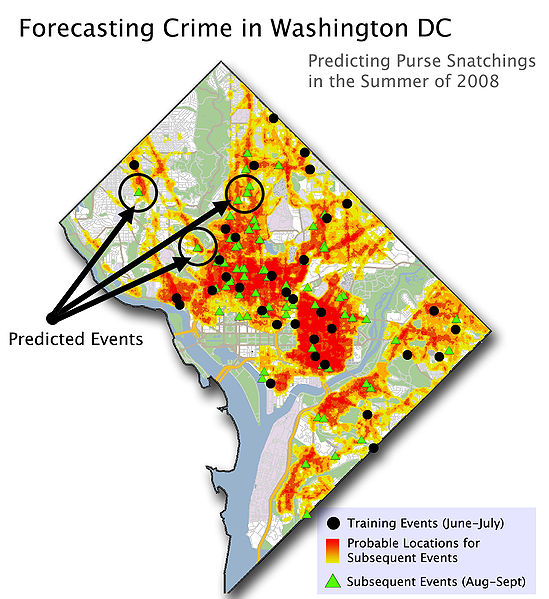
Simply put, crime analysts help law enforcement departments (local, state or federal) organize their personnel and resources to detain suspects and cut down on crime more efficiently. They do so by analyzing police records and reports to identify patterns in criminal activity—anything from the likelihood of a robbery occurring at a certain time of day to narrowing down where a serial offender lives. “Analyses of these trends, patterns, and hot spots provide you with the who, what, when, where, how, and why of emerging crime in your community,” states the International Association of Crime Analysts (IACA). Some crime analysts are hired on by law enforcement departments as civilians and others start off as sworn officers to eventually move into crime analysis.
Find out if you have what it takes to be a crime analyst:
- Successful crime analysts are knowledgeable about law enforcement procedures, are technically-skilled and are keen researchers, states Rachel Boba in her book Crime Analysis and Crime Mapping. Prospective crime analysts should have a desire to become competent in each of these three areas.
- Boba also says that crime analysts must be excellent communicators, able to share their findings with law enforcement officers, detectives and supervisors, as well as city officials and other community members, in an effective and respectable manner. Crime analysts also deliver presentations, write reports and assist law enforcement personnel with retrieving information.
- Crime analysts must be excellent time-managers and multi-taskers, as pointed out by Deborah Osborne and Susan Wernicke in their section “A Day in the Life of a Crime Analyst” from their book Introduction to Crime Analysis: Basic Resources for Criminal Justice Practice.
- Osborne and Wernicke add that crime analysts should be ethical (striving for truth, as well as confidentiality when applicable), continuous learners and precise (i.e. when it comes to data collection and analysis).
- Trina, a crime analyst (police information analyst) with the Tukwila Police Department profiled by the IACA, says that her curiosity, effective memory, her affinity for networking and technical skills all play a role in her profession.
- Bryan, a police statistical crime analyst at the Glendale Police Department (also profiled by the IACA) enjoys the creative and collaborative aspects of his job. “I fell in love with the job and using my brain and learning new things,” stated Bryan. “Tactical analysis and figuring out where the bad guy was going to go next in a crime series really brought me around and I wound up helping an Australian geographer develop a new method for predicting the next hit in a crime series, called the probability grid method (or PGM).” He added that other analysts and related professionals helped him develop strategies and skills.
To find out more about more about this profession, including how to become a crime analyst, visit our crime analysis page.



